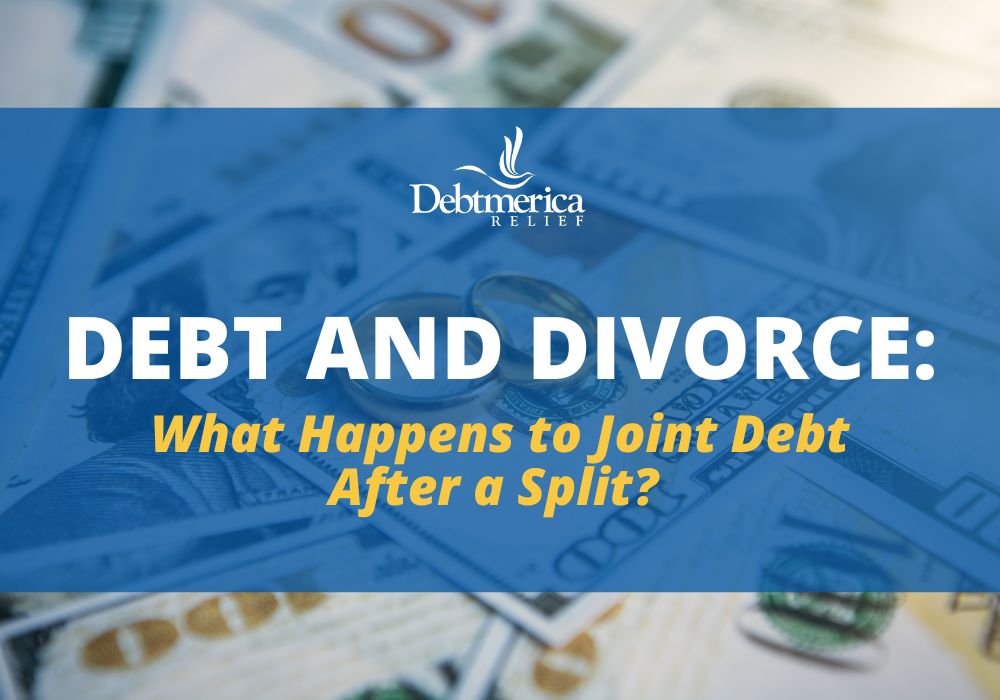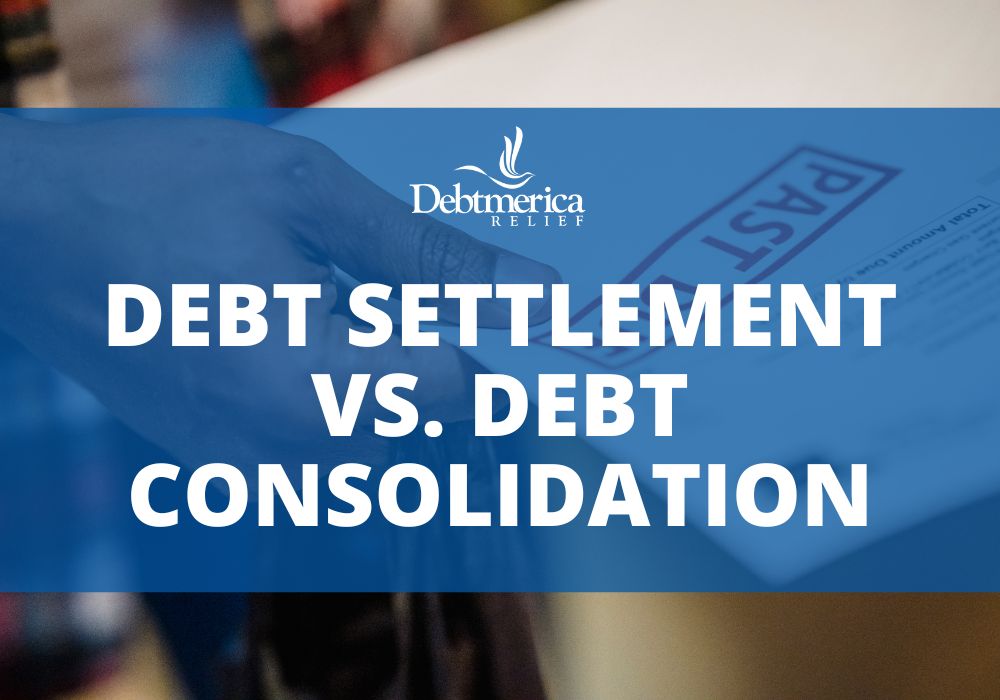Debt Fatigue: Recognizing and Overcoming Burnout During a Long Repayment Journey

Debt fatigue is a quiet but powerful force that can derail even the most dedicated financial plans. It creeps in during the long, exhausting road to becoming debt-free, when the excitement of early progress fades and you’re left trudging through years of payments and sacrifices. If you’re feeling emotionally drained, demotivated, or even reckless with your spending again, you might be experiencing debt fatigue. The good news? It’s real, common, and possible to overcome.
What Is Debt Fatigue?
Debt fatigue refers to the emotional burnout that sets in during prolonged efforts to repay debt. Unlike the initial urgency people feel when they begin a debt payoff plan, fatigue shows up later when you’ve been chipping away for months or years with no clear finish line in sight.
Defining Debt Fatigue
At its core, debt fatigue is the result of emotional and psychological exhaustion. It doesn’t necessarily mean you’ve lost the ability to pay. It means you’ve lost the will to keep going. You start questioning if the sacrifices are worth it or if you’ll ever be debt-free.
Why It Happens
Debt fatigue happens because long-term repayment is mentally and emotionally taxing. You may feel like you’ve given up every luxury, skipped countless events, and still see thousands left to pay. Add in unexpected expenses, inflation, or stagnant wages, and it’s easy to feel like you’re running in place. That chronic stress can wear down even the most determined person.
Signs You Might Be Experiencing Debt Fatigue
Debt fatigue doesn’t look the same for everyone, but there are clear patterns to watch for if you suspect you’ve hit a wall in your debt journey.
Emotional Symptoms
You might feel apathetic, discouraged, or overwhelmed. Guilt can creep in around spending, even when it’s for essentials. You may begin to avoid financial conversations or feel ashamed you aren’t “further along.”
Behavioral Red Flags
People experiencing debt fatigue often stop tracking expenses or logging into their accounts. They may start skipping payments or ignoring their budget altogether. Others might swing to the opposite extreme, like splurging on items they can’t afford as a form of emotional release.
The Risks of Ignoring Debt Fatigue
Unchecked, debt fatigue can undo months or years of hard work. That’s why recognizing it early is key.
Rebounding Into New Debt
One of the biggest dangers of debt fatigue is the temptation to give up entirely. People often “reward” themselves with credit-based spending, justifying it after years of sacrifice. Unfortunately, this can erase progress and make the situation worse.
Mental Health Toll
Financial stress is one of the leading causes of anxiety and depression. Living under the constant pressure of repayment without mental relief can affect your relationships, your self-esteem, and your overall well-being.
How to Reignite Motivation and Stay on Track
Debt fatigue isn’t a sign of failure. Instead, it’s a sign that your strategy needs to be adjusted. These approaches can help reignite your motivation and restore your emotional bandwidth.
Break Big Goals Into Milestones
Instead of focusing on the total amount you owe, break it into smaller, achievable chunks. Every $500 or $1,000 paid off is a milestone worth celebrating. Creating a visual tracker can make progress more tangible and motivating.
Adjust Your Repayment Plan
There’s no shame in reworking your strategy. If your current plan is too aggressive and leaves no room to breathe, consider extending your timeline. You can also switch repayment methods. Try the snowball method for faster emotional wins, or the avalanche method for long-term savings.
Revisit Your “Why”
Take time to remember the deeper reason behind your journey. Is it freedom from financial anxiety? The ability to travel? Saving for a home? Visualize life after debt to keep your long-term purpose front and center.
Build in Joy Without Sabotage
Being on a strict budget doesn’t mean you need to live without pleasure. Allow for small, planned indulgences. This could be a monthly dinner out or a streaming subscription. Doing so will help you avoid feeling deprived. Giving yourself permission to enjoy life can actually improve your discipline over time.
Connect With Others
You’re not alone, even if it feels like it. Joining online debt payoff communities or talking to a financial coach can give you support, inspiration, and accountability. Sometimes just hearing someone say, “Me too,” is enough to help you reset.
When It’s Okay to Pause or Reassess
One of the most misunderstood parts of debt payoff is that it’s okay to take a break or change course. Life isn’t linear and neither is debt repayment.
Life Happens and So Should Flexibility
If you’re facing a major life shift, like job loss, illness, or a new baby, it’s okay to temporarily reduce payments or go into maintenance mode. This doesn’t mean you’re giving up; it means you’re adapting.
You Haven’t Failed. You’re Re-strategizing
Progress isn’t always fast, and it doesn’t need to be perfect. Pausing to adjust your plan, regain mental energy, or build an emergency fund is strategic, not weak. Resilience matters more than speed.
Conclusion
Debt fatigue is real, but it doesn’t have to define your journey. By recognizing the signs, giving yourself grace, and making strategic adjustments, you can push through the hardest stretches of repayment and come out stronger on the other side. Remember: becoming debt-free isn’t just about money; it’s about reclaiming peace, control, and hope. Debtmerica Relief has over 18 years of experience in providing relief to our clients whose financial burdens have become too much to handle.
If you need help with debt, contact us for a free consultation.


